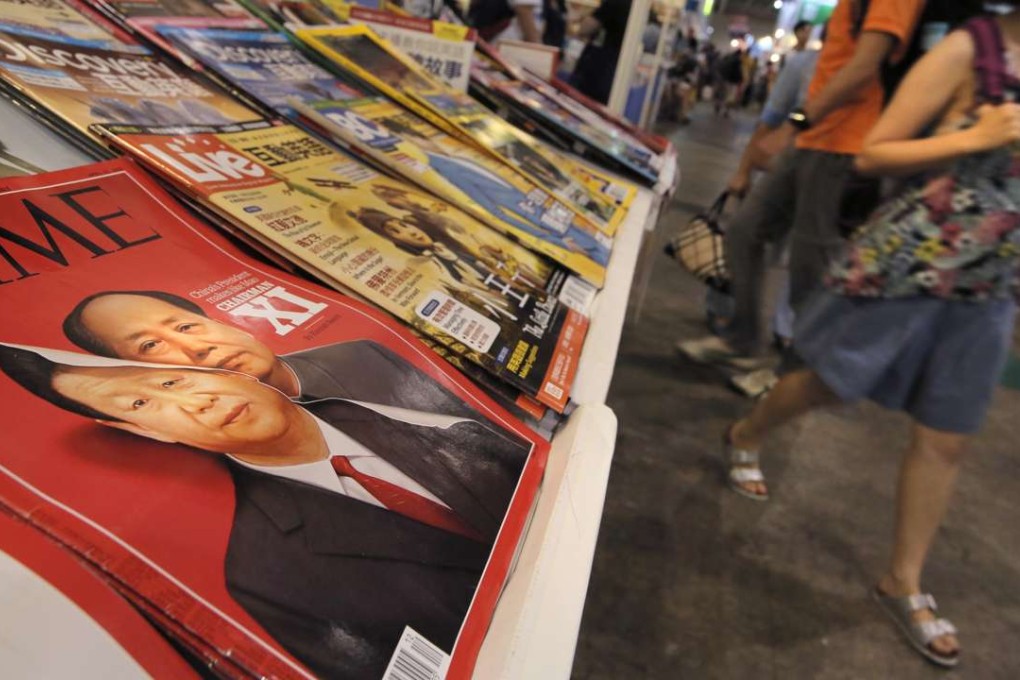Xi Jinping is consolidating power – but for a higher purpose
Keyu Jin says the Chinese leader’s anti-corruption drive is no political purge, as some fear, but an attempt to rein in out-of-control local officials in order to strength China’s government and economy

Xi Jinping’s ambitious power play
Over the past three decades, power in China has been decentralised considerably, with provincial and municipal governments receiving, in an incremental fashion, substantial autonomy to experiment and test reforms aimed at attracting foreign investment and spurring gross domestic product growth. Moreover, they have been granted direct control over resources and local infrastructure development. As a result, subnational governments accounted for an average of 71 per cent of total public expenditure in 2000-2014 – a far larger share than in the world’s largest federal countries.
The goal was to spur overall growth by encouraging competition among regions. Local party bosses knew their career paths depended on their municipalities’ economic performance. And by working hard to spur growth, they have fuelled China’s economic rise and secured the ruling Communist Party’s legitimacy in the post-Mao era.
What would Mao have made of Xi Jinping’s China?

China’s Communist Party mouthpiece defends ability of one-party rule to tackle corruption
But decentralisation has had its downsides. It has led to substantial waste, exemplified in local governments’ massive debts. And it has spurred large-scale corruption.
In a country with stringent regulations and underdeveloped financial markets, private entrepreneurs face high barriers to starting and operating businesses. If illicit deals are what it takes to gain access to the resources and markets they needed, private firms have been more than willing to strike them.
Unless it reined in the municipal satraps, the central government could essentially kiss its reform plans goodbye
Such arrangements facilitated the entry of hundreds of thousands of private firms into the market in the late 1990s. In an era when growth was the top priority, the corruption that fuelled it was tacitly accepted, and even blithely condoned.
